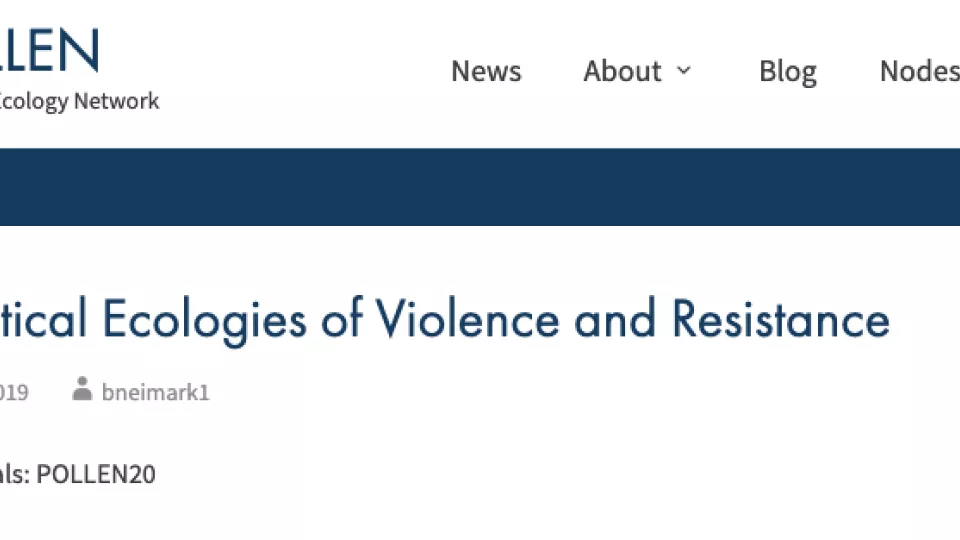In early October 2019, hundreds of frontline fossil fuel protesters took direct action against hard coal infrastructure across Germany. Under the banner of #deCOALonize, they blockaded railways, ports and utility companies, demanding an end to ‘coal colonialism’ and an immediate phase-out of coal combustion.
The state response was predictable: physical violence by police officers, harsh policing and holding protesters for days in custody following nonviolent action. Still making the rounds in the same media cycle was the story of drone strikes targeting the Aramco oil facility in Saudi Aribia, knocking out 50 percent the Saudi’s capacity and 5 percent of global supply. While we generally understand the casual links between fossil fuels and geopolitics, less studied are the direct and indirect geopolitical entanglements of fossil fuel violence – violence against those resisting them, and the inherent violence to humans and ecosystems.
Scholars’ understandings of violence, resistance and critical geopolitics
POLLEN look to these events and others as a way to bring together scholars’ understandings of violence, resistance and critical geopolitics of, and through, nature.
Beyond direct violence, we also include more entrenched/indirect forms, such as criminalisation, stigmatisation and framings as domestic extremist or eco-terrorism and allowing for looking at more bureaucratic forms of violence, and everyday policing (by non-police – e.g. welfare state, teachers).


